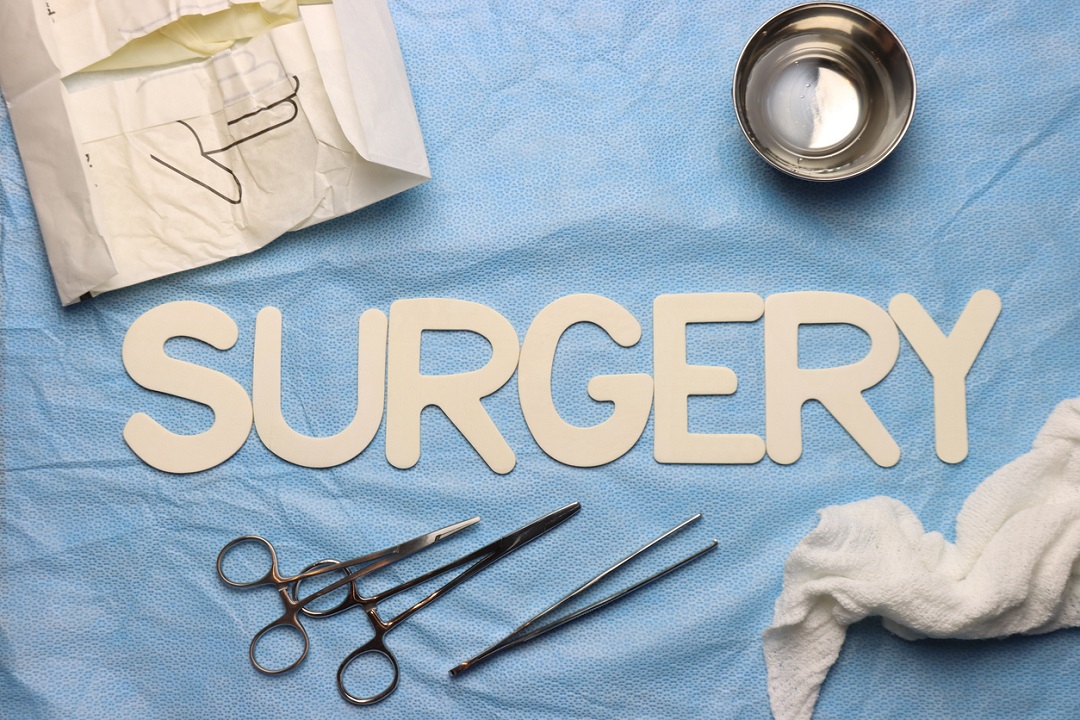Explore the unique challenges and essential screening strategies for individuals with dense breast...
Read More
Cancer remains a tough opponent in the realm of medical challenges, but advancements in preventive measures have provided individuals with options to reduce their risk. Prophylactic surgery, a proactive approach to preventing cancer, has gained prominence as a viable strategy. But what is prophylactic surgery, and how does it help in preventing cancer?
Prophylactic surgery, also known as preventive surgery, involves the removal of at-risk tissues or organs before cancer has the chance to develop. This preemptive strike aims to eliminate potential cancerous cells and significantly reduces the likelihood of cancer occurrence. Your health care team will consider your genetic predisposition, family history and other risk factors when deciding whether prophylactic surgery is a good option for you.
“Prophylactic surgery is an essential tool in our arsenal against cancer,” said Nandini Kulkarni, M.D., a surgical oncologist and Medical Director of Surgical Oncology for Inspira Health. “It is a carefully considered option for individuals with a high genetic risk or strong family history of certain cancers. By removing tissues or organs prone to developing cancer, we can substantially lower the chances of the disease manifesting.”
1. Prophylactic mastectomy: One of the most well-known prophylactic surgeries is the removal of breast tissue to reduce the risk of breast cancer. This is often recommended for individuals with a BRCA1 or BRCA2 gene mutation, which significantly increases the risk of breast and ovarian cancers.
2. Prophylactic oophorectomy: Ovary removal is a prophylactic treatment option for individuals with an elevated risk of ovarian cancer. This is particularly relevant for women with a family history of ovarian cancer or specific genetic mutations.
3. Prophylactic colectomy: Colon removal is an option for individuals with a high risk of colorectal cancer. This procedure is often recommended for those who are genetically predisposed to familial adenomatous polyposis (FAP) or hereditary nonpolyposis colorectal cancer (HNPCC).
While prophylactic surgery is a powerful tool in cancer prevention, it comes with its own set of considerations and emotional implications. The decision to undergo this type of surgery is deeply personal and requires thorough consultation with health care professionals, genetic counselors, and mental health clinicians.
“Prophylactic surgery is not a one-size-fits-all solution. It requires a comprehensive understanding of the individual's medical history, genetic makeup, and emotional well-being. The benefits extend beyond reducing cancer risk to providing peace of mind and empowering our patients to take control of their health,” said Dr. Kulkarni.
To find out more about prophylactic surgery and if it is right for you, Inspira is here to help with our High-Risk Cancer Surveillance Program and other oncology services.

Explore the unique challenges and essential screening strategies for individuals with dense breast...
Read More
Join us as we look back on a heartwarming day of love, laughter and resilience. Our annual Cancer...
Read More
Understanding the most common surgeries can help prepare patients for potential procedures. Knowing...
Read More